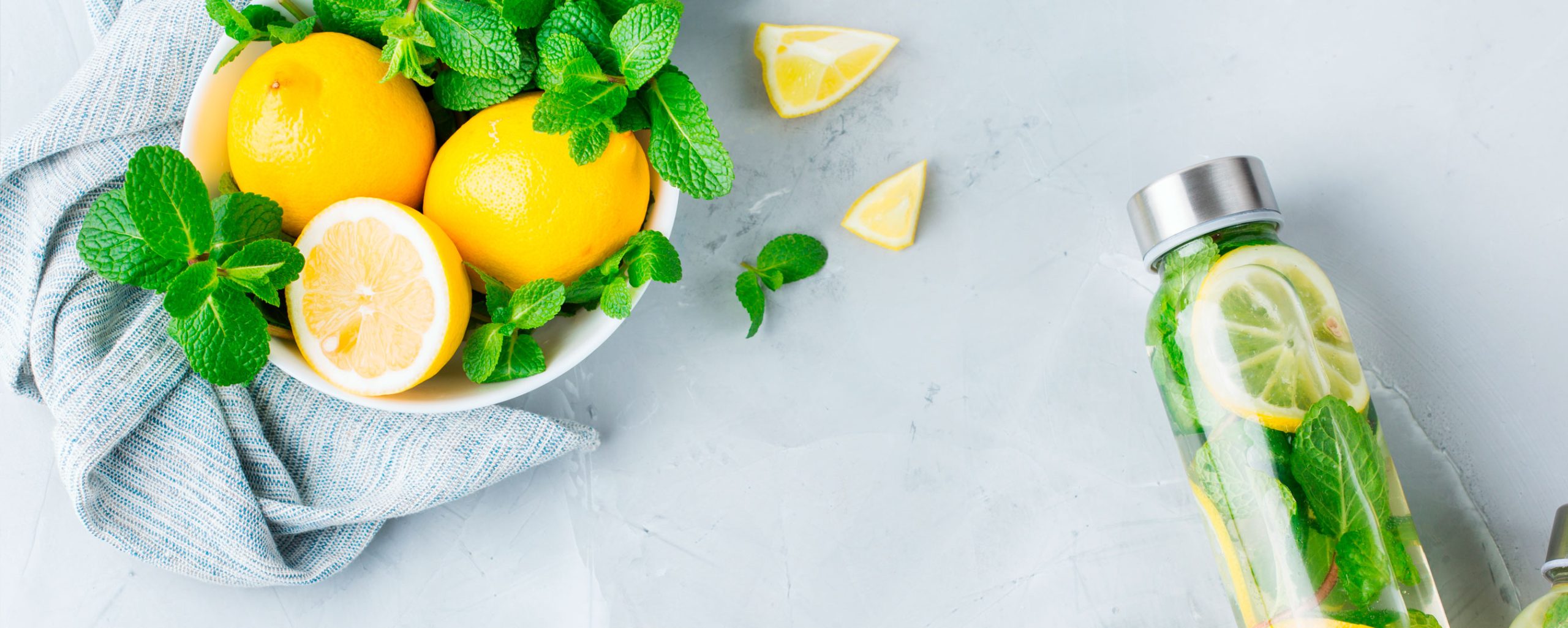Each of us constantly hosts antioxidants and free radicals in our body. Some antioxidants are made by the body itself, and others are provided by eating and eating foods containing antioxidants, also known as anti-inflammatory foods. In the following, you will read what antioxidants are in general, why they are important, and what foods are rich sources of antioxidants.
Our body produces free radicals after cellular reactions. The liver, for example, produces free radicals and uses them to detoxify the body, while white blood cells use free radicals to fight off viruses, bacteria, and damaged cells. When certain types of oxygen-containing molecules can move freely in the body, they cause some form of oxidative damage, resulting in the formation of free radicals. But what happens when poor levels of antioxidants in the body are less than free radicals due to poor nutrition or exposure to various toxins or other factors?
Decreased levels of antioxidants in the body lead to premature aging, damaged or mutated cells, damaged tissue, activation of defective genes in DNA, and increased pressure on the immune system.
Western lifestyles with fast foods, reliance on drugs, and exposure to chemicals and environmental pollutants are factors in the spread of free radicals. Because many of us are exposed to oxidative stress from a young age, we need higher levels of antioxidants, which means eating more foods that contain antioxidants.
What are antioxidants?
To introduce the benefits of antioxidants, we must first define it. An antioxidant is any substance that can inhibit the oxidation process, especially substances stored to prevent spoilage of food or the removal of potential oxidants in a living organism. used.
Antioxidants include a variety of foods that you may have heard of before, such as carotenoids such as beta-carotene, lycopene, and vitamin C, which are examples of antioxidants involved in the oxidation or cellular reaction Inhibits peroxide or free radicals against oxygen.
Research shows that the health and longevity benefits of some oral antioxidants, such as vegetables, teas, and supplements, are as follows:
Slowing down the aging process in the skin, body tissues, joints, eyes, heart and brain;
Having healthier, younger and more radiant skin;
Reduce the risk of cancer;
Increased detoxification in the body;
Increase longevity;
Prevention of heart disease and stroke;
Reduce cognitive problems such as dementia;
Reduce the risk of eye problems such as cataracts and macular degeneration, which cause the retina to collapse; antioxidants are also added to prevent oxidation and spoilage of food.
Each of us constantly hosts antioxidants and free radicals in our body. Some antioxidants are made by the body itself, and others are provided by eating and eating foods containing antioxidants, also known as anti-inflammatory foods. In the following, you will read what antioxidants are in general, why they are important, and what foods are rich sources of antioxidants.
Our body produces free radicals after cellular reactions. The liver, for example, produces free radicals and uses them to detoxify the body, while white blood cells use free radicals to fight off viruses, bacteria, and damaged cells. When certain types of oxygen-containing molecules can move freely in the body, they cause some form of oxidative damage, resulting in the formation of free radicals. But what happens when poor levels of antioxidants in the body are less than free radicals due to poor nutrition or exposure to various toxins or other factors?
Decreased levels of antioxidants in the body lead to premature aging, damaged or mutated cells, damaged tissue, activation of defective genes in DNA, and increased pressure on the immune system.
Western lifestyles with fast foods, reliance on drugs, and exposure to chemicals and environmental pollutants are factors in the spread of free radicals. Because many of us are exposed to oxidative stress from a young age, we need higher levels of antioxidants, which means eating more foods that contain antioxidants.

